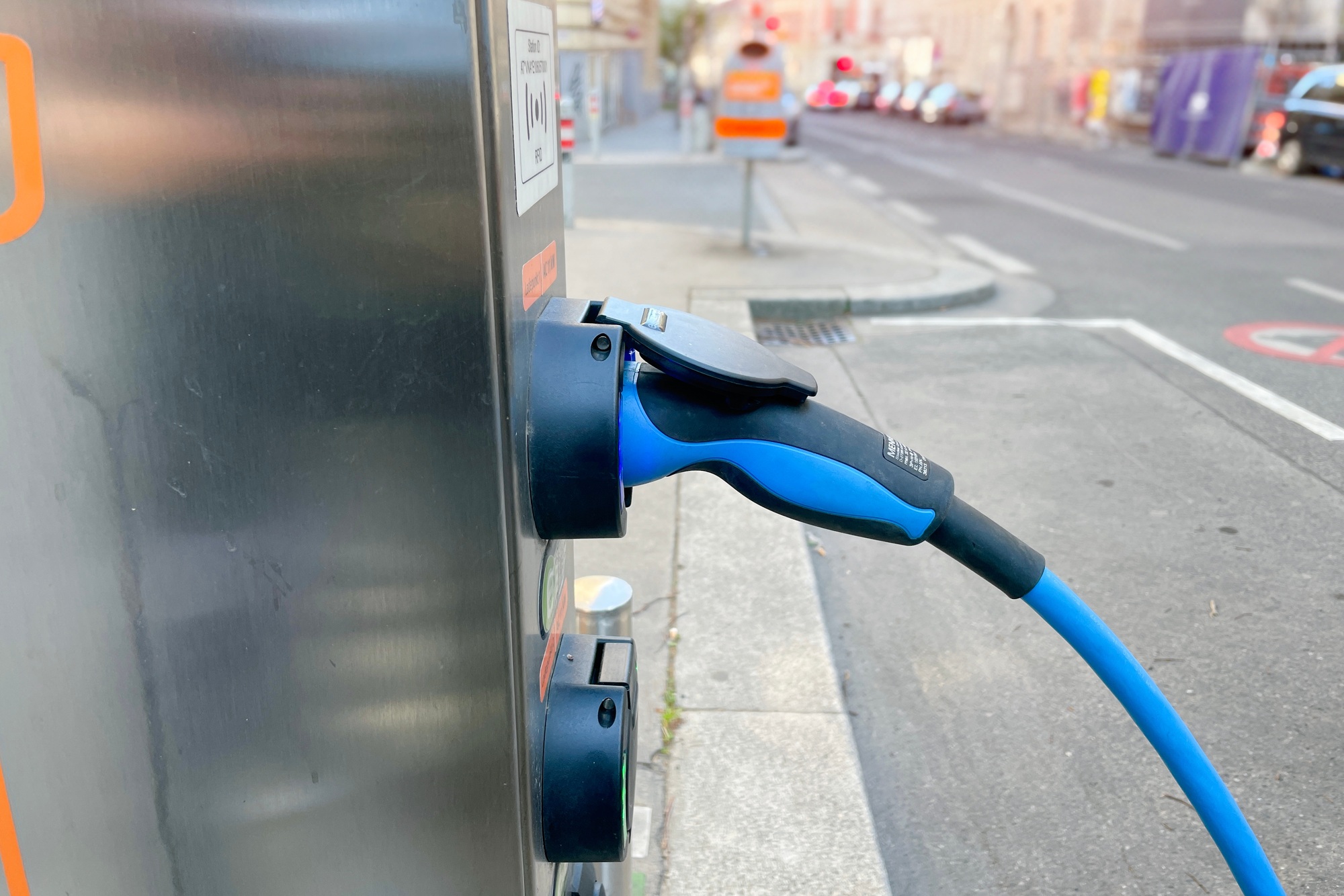The landscape of electric vehicle charging is evolving, with recent advancements aimed at broadening access for all EV owners, regardless of the vehicle brand. Automakers and charging network providers are increasingly collaborating to develop standardized charging protocols and expand the network infrastructure, making it easier for consumers to charge their EVs without the exclusivity previously associated with Tesla’s Supercharger network.
In recent years, Tesla’s Supercharger network has been a significant advantage for Tesla owners, offering fast and reliable charging options. However, the industry has recognized the need for a more inclusive approach that benefits a wider array of EV brands. The push for universal charging standards and the creation of open-access charging stations are part of this movement, driven by government incentives and consumer demand for seamless charging experiences.
One of the key developments includes the adoption of the CCS (Combined Charging System) standard, which is now being integrated into many new EV models and charging stations. Major automakers, including Ford, GM, and Volkswagen, are supporting initiatives to ensure their vehicles can access a variety of charging networks, not just proprietary ones. The expansion of fast-charging stations across highways and urban areas also plays a crucial role in improving convenience for all EV drivers.
This shift has significant implications for EV adoption, as the fear of limited charging options is a barrier for many potential buyers. By making charging infrastructure more accessible and interoperable, industry stakeholders aim to accelerate the transition to electric vehicles, ultimately reducing emissions and reliance on fossil fuels.
Market reactions have been positive, with shares of charging network companies and automakers showing increased confidence in the growth potential of the EV market. Industry experts believe that this move toward a more integrated charging ecosystem will encourage wider EV adoption and foster innovation in charging technology.
Looking ahead, attention will focus on upcoming infrastructure investments, regulatory policies promoting open-access charging, and technological advances that could further simplify the charging process for consumers. The success of these initiatives could reshape the EV landscape, making electric mobility more accessible and convenient for everyone.
What is the main benefit of expanding charging infrastructure for all EVs?
It provides greater convenience and reduces range anxiety for EV owners, encouraging more people to switch to electric vehicles.
How are automakers supporting the move toward universal charging stations?
Many automakers are adopting standardized charging protocols like CCS and collaborating with charging networks to ensure their vehicles can access multiple charging stations.
What role do government policies play in EV charging infrastructure development?
Government incentives and regulations promote the expansion and standardization of charging stations, making EV charging more accessible and affordable for consumers.







